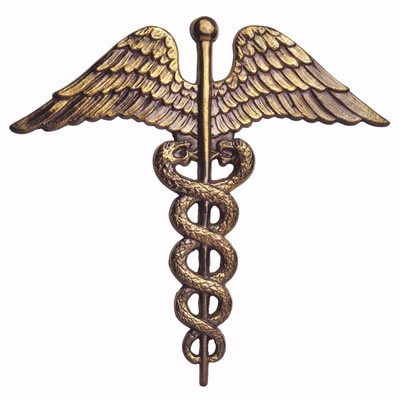- According to The Kansas Department of Education, taxpayer support for education will set a new record this year at $12,738 total in per pupil spending.
- Only about a third of Kansans currently itemize their tax deductions. This number is expected to drop even further after a substantial increase in the standard deduction to $9,000 that went into effect on January 1, 2013. (Source: KS Department of Revenue)
- Nearly 15,000 Kansas 11th-grade students are unable to fully comprehend grade-level reading material. (Source: KS Department of Education, NAEP Scores)
- By 2023, 21 percent of Kansas' population is projected to be on Medicaid under the Affordable Care Act up from 13 percent in 2012. (Source: KS Division of the Budget)
|
|
|
| $1.1 Billion Cost Over 10-Years |

On Friday, February 8, the Kansas Department of Health and Environment (KDHE) released the results of an independent analysis, done by Aon Hewitt, on the potential enrollment and budget impact of the Affordable Care Act's (ACA) implementation to the state Medicaid/Children's Health Insurance Program (CHIP).
The study estimates the cost of Medicaid will increase $50 million annually or $513 million over 10 years if the State does not expand Medicaid. The study estimates the cost of Medicaid will increase $100 million annually or $1.1 billion over 10 years if the State expands Medicaid.
Governor Brownback has not yet announced a decision on whether or not the state will expand Medicaid. Undoubtedly, an increase of $1.1 billion over ten years to state expenditures is a very significant increase that would have an impact on the state's ability to fund its other core responsibilities, such as education. If the state expands Medicaid, the ACA does state that the federal government will pay 100 percent of the cost of the expansion for the first 3 years and then 90 percent thereafter. However, if the federal government, which is currently running trillion dollar deficits, is not able to make good on its offer, then the impact on the state budget would be even greater.
|
| Lite Policies Useful to Under-35 Persons |
 Senate Bill 163 passed out favorably from the Public Health and Welfare Committee. The Mandate Lite policies will be especially useful to younger people under age of 35. Individuals in this age group who buy an individual policy or work for employers with less than 50 employees could see health insurance rates increase by 50%. This is the result of the new mandates and age band rating formula in the Affordable Care Act for their age group and employer size. Mandate Lite policies will cover major medical only with no other mandated coverage like Chiropractic, Mental Health, Rx, etc. required. See the full discussion in last week's newsletter, "AFFORDABLE CARE ACT / INSURANCE EXCHANGE." The article is at the end of the newsletter. Click Here SB 163 will be debated by the full Senate next Tuesday. I hope it is approved by the full Senate. The concern is if Mandate Lite policies are not available then this age group will forgo insurance in 2014 due to the high cost and pay the $95 penalty for not having insurance. Their assets and families will unnecessarily be exposed if this bill does not pass. |
 Senate Bill 85 will change Kansas law to allow insurance cards, proof of insurance, property tax receipts, and similar documents to be stored on an electronic device such as a smart phone. We look for Apps to be developed making display and retrieval very easy for the consumer. Senate Bill 85 will change Kansas law to allow insurance cards, proof of insurance, property tax receipts, and similar documents to be stored on an electronic device such as a smart phone. We look for Apps to be developed making display and retrieval very easy for the consumer.
This bill has been passed out favorably from the Financial Institutions and Insurance Committee. It will be debated by the full Senate next week. I hope it is approved by the full Senate.
|
|
Wind Energy too Expensive
|
 Senate Bill 82 and House Bill 2241 propose to change wind energy mandates that go back to 2009. In 2009, Kansas adopted a renewable energy portfolio standard (RPS). The RPS mandated utility companies to supply 10% electric generation with wind by 2011, 15% by 2016 and 20% by 2020. The 10% mandate has been met. These mandates have resulted in higher utility rates for consumers and businesses as the costs of the wind mandate are directly passed on to the consumer. Prior to the implementation of the wind mandate, the annual utility rate increase averaged only 1.18%. Since the mandate, the price has increased at an annual rate of 4.30%. This is 3 1/2 times the rate increase before the mandate. SB 82 would delay the 15% and 20% standards by two years. SB 82 has passed out favorably from Senate Utilities Committee and may be debated on the Senate floor next week. HB 2241 delays the 15% standard for three years and eliminates the 20% standard all together. HB 2241 is being debated in the House Energy and Environment committee and will be voted on by the committee next week. If it passes out favorably it could be debated on the House floor the following week. |
|
Kansas Exports $10 Billion Annually
|
|
|